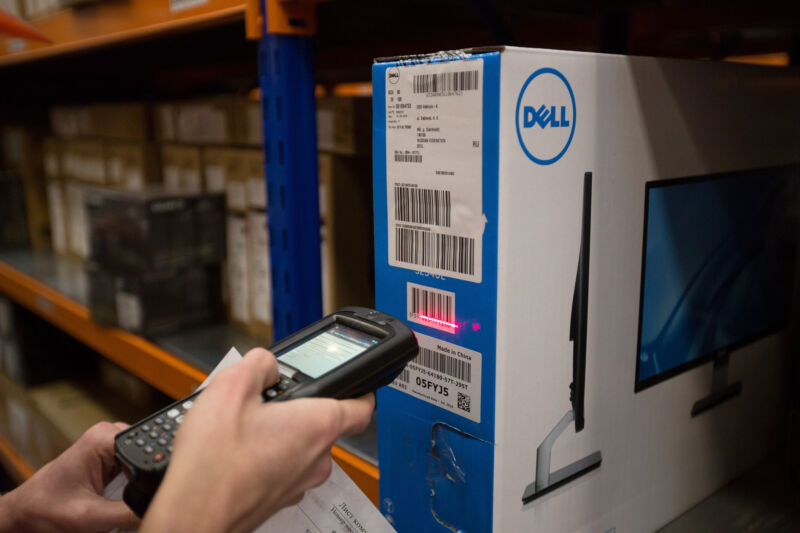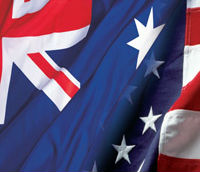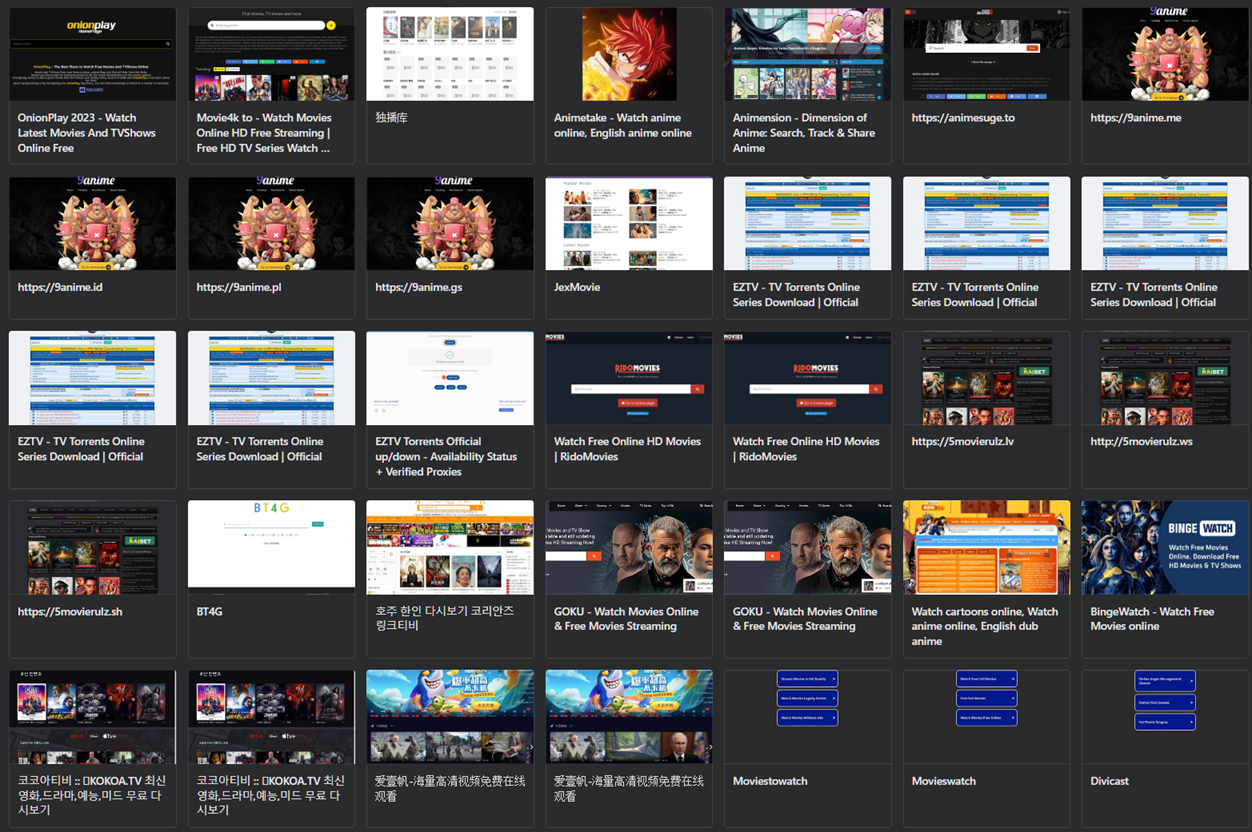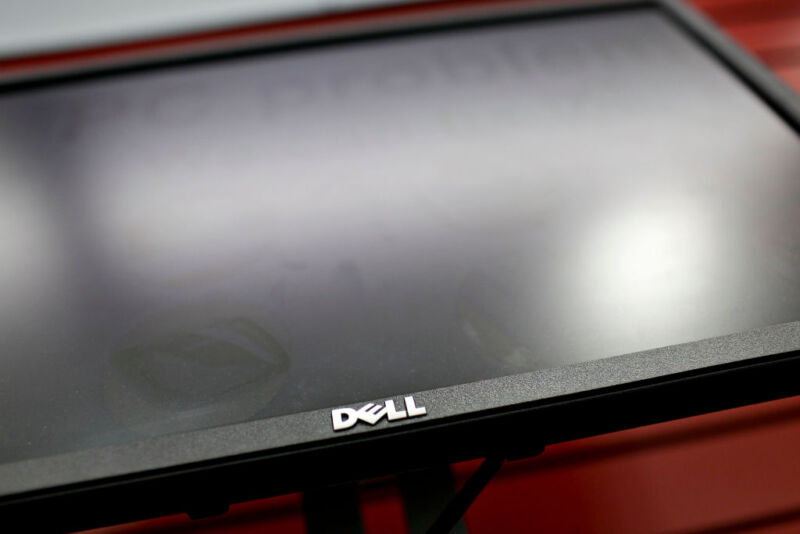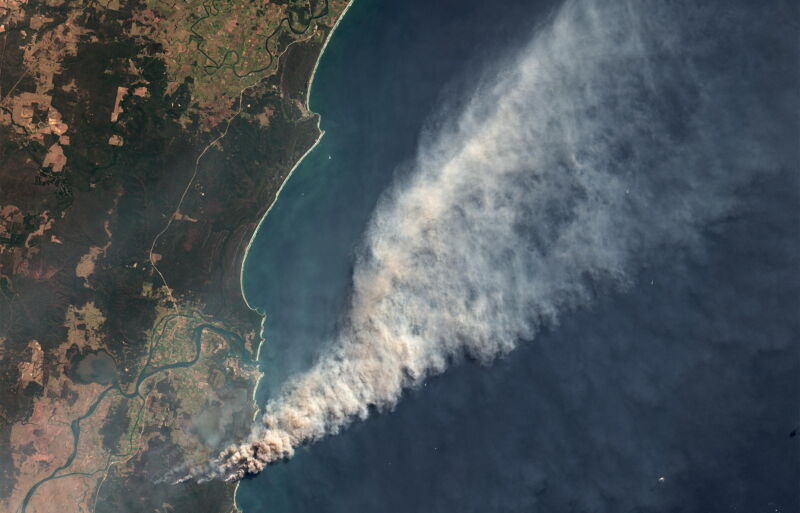 Being held responsible for the actions of others can seem fundamentally unfair but when the internet is involved, liability is rarely more than a step away.
Being held responsible for the actions of others can seem fundamentally unfair but when the internet is involved, liability is rarely more than a step away.
In 2008, consuming pirated movies and TV shows using BitTorrent was practically the norm in Australia and rightsholders had seen enough. Movie and TV show companies, including Village Roadshow, Universal, Warner, Paramount, Sony, 20th Century Fox, and Disney, sent copyright infringement notices to internet service provider iiNet, demanding action against its pirating subscribers.
Authorization, Liability, Safe Harbor
Citing various grounds, iiNet refused. The studios responded with a lawsuit that made global headlines while raising key questions on big issues.
On the basis that iiNet’s customers were primary/direct infringers, did iiNet ‘authorize’ those infringing activities in its role as a service provider? Could iiNet be held liable when its customers downloaded and shared movies using BitTorrent? Could iiNet rely on protection from liability under the safe harbor provisions in the Copyright Act?
The recently concluded
consultation stage
of Australia’s Copyright Enforcement Review recognizes the importance of these issues well over a decade later. Due to the nature of the case, the stakes remain high for rightsholders and intermediaries alike, regardless of who ‘won’.
Following an eight-week Federal Court trial in 2009, a 2010 decision found that iiNet was not liable for its customers’ piracy activities. The studios filed an appeal and two out of three judges sided with iiNet in 2011. An appeal to the High Court ended with a
unanimous technical victory
for iiNet but also drew lines in the sand that may have left ISPs in a more vulnerable position.
The legal process clarified that under the right conditions, ISPs could indeed be held liable for authorizing customer infringements. The appeal court judges further found that since iiNet had no disconnection policy for dealing with repeat infringers, it would not have received ‘safe harbor’ protection under the Copyright Act.
Safe Harbor and Liability in Need of Adjustment?
Initially applying only to carriage service providers, Australia’s safe harbor scheme was extended in 2018 to online service providers in the public sector, including libraries and educational institutions, among others. Importantly, it still does not extend to other online service providers, digital platforms, for example.
How copyright infringement may be addressed now (source:
issues paper
)
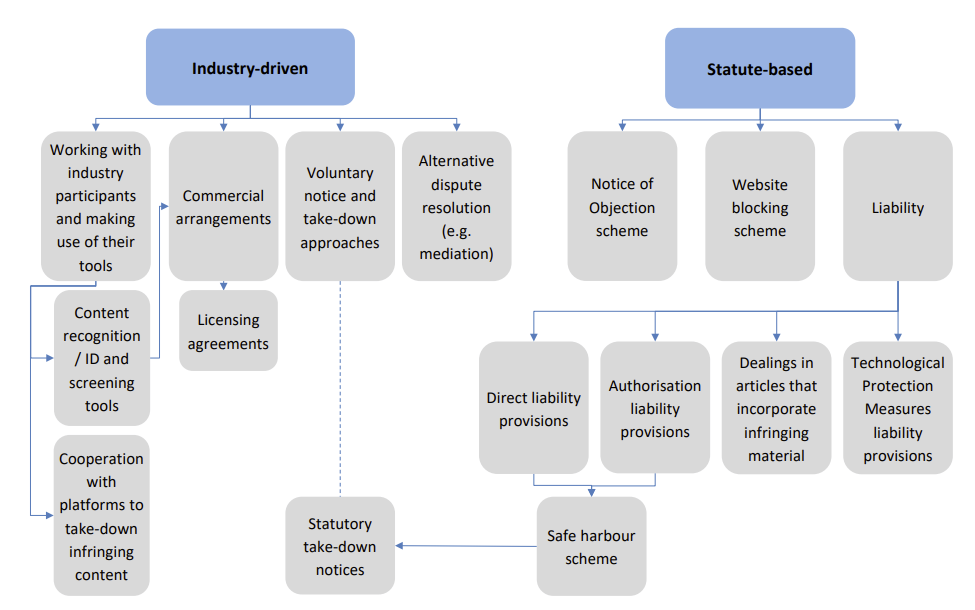
As the image shows, addressing infringements today extends to industry-driven initiatives that are linked to safe harbor protection, in part courtesy of the iiNet decision. These are sometimes referred to as voluntary arrangements. As
reported
earlier this week, rightsholders believe that intermediaries and service providers ‘volunteer’ more readily when the legal environment leaves them no choice.
Authorization Law Works, “Strictest in the World”
The Communications Alliance represents the interests of service providers and digital platforms. Its members include major telecoms companies, Google, Facebook, Cloudflare, Twitter, Apple, and
many, many more
. The last thing they need is additional liability.
Referencing the iiNet and more recent
Redbubble
decisions, the Communications Alliance says authorization laws need no amendments.
“Authorization liability laws are robust and no change is needed. We do not support any change to
section 101
that would reverse the High Court’s decision in the iiNet case. Following the Redbubble Australia decision, Australia has one of the strictest authorization laws in the common law world,” the submission notes.
“There have been numerous claims made by rights holders in the past that authorization law is ‘broken’ and not capable of addressing online piracy or capable of applying to digital platforms. We do not agree with these assertions.”
Foxtel Sees Value in Holding Platforms Liable
Foxtels’ submission calls for changes to the Copyright Act to clarify authorization liability in relation to digital platforms. The company says this would help to ensure that anti-piracy mechanisms like YouTube’s Content ID and Facebook’s Rights Manager are fit for purpose.
“Copyright infringements occurring via the digital platforms continues to be a major problem. Our experience has been that the solutions that are widely promoted by the digital platforms, such as Content ID and Rights Manager, are too slow, too easily bypassed and leave the monitoring/ingestion burden on rightsholders,” Foxtel reports.
“As such, we submit that the authorization liability provisions of the Copyright Act should be amended to specifically provide that the digital platforms can be liable for authorizing the copyright infringements that occur on their platforms, where the digital platform fails to take reasonable steps to act to prevent the infringement.”
Safe Harbor: Good for Service Providers, Good For Rightsholders
On the issue of safe harbor, the Communications Alliance believes that changes are warranted. Calling for a significant expansion, the group says both service providers and rightsholders will reap the benefits.
“Copyright safe harbors are critical – they incentivize service providers to work with rights owners to remove infringing content, whilst providing safeguards for users,” the submission notes.
“The protections offered by the safe harbor scheme should be extended to include all online service providers,” it continues, echoing earlier recommendations from Australia’s Productivity Commission.
By expanding the definition of a service provider to encompass carriage service providers and all digital platforms, and then granting universal access to safe harbor protections, the Communications Alliance believes that any shortcomings in digital platforms’ notice-and-takedown regimes can be addressed.
“These platforms are already heavily incentivised to combat infringement and develop close partnerships with rights holders, and there is no proven need to put in place any separate, mandatory, enforcement regime,” the group adds.
In a separate submission, Google agrees. It warns that since digital platforms cannot currently rely on safe harbor protections, they are not able to “collaborate with copyright owners and consumers in a balanced way, to enforce copyright.”
Foxtel Is Not Convinced
In a clear sign that compromise will be difficult to reach, Foxtel says that any expansion of safe harbor protections will have the opposite effect.
“It is imperative that all providers of online services (including the digital platforms) are incentivised to cooperate with rights holders in relation to online piracy,” the TV giant notes.
“Foxtel Group is concerned that any expansion to the safe harbor regime without a corresponding clarification to authorization law will reduce the incentive for the digital platforms to work with rights holders in relation to this issue.”
The major movie and TV studios agree that there should be no expansion of the safe harbor statute, and they aren’t calling for changes to authorization laws either. In respect of the latter, they believe that the same effects could be achieved by requiring new intermediaries to comply with blocking orders.
The Communications Alliance, Foxtel, and Google submissions can be found here (
1
,
2
,
3
)
From:
TF
, for the latest news on copyright battles, piracy and more.




